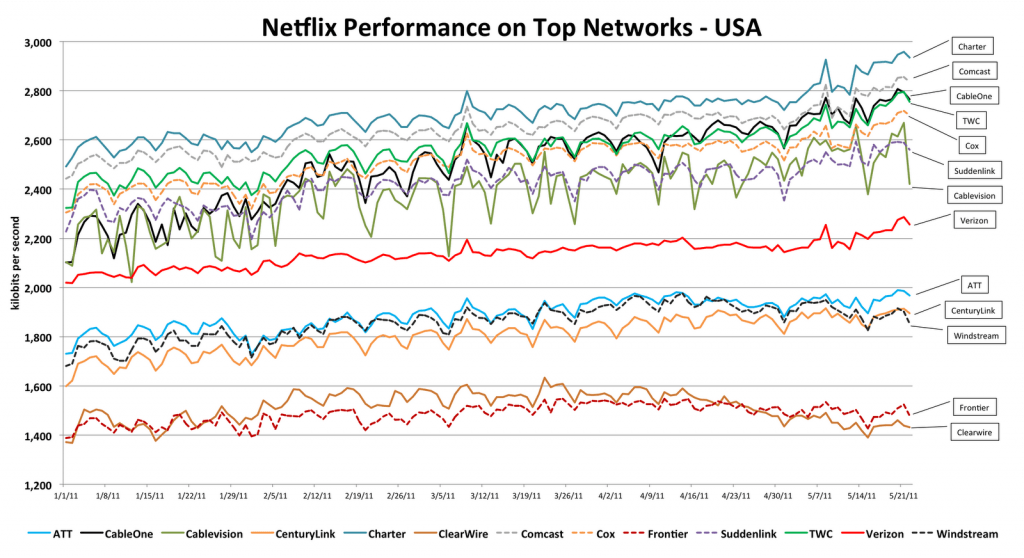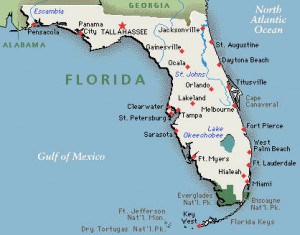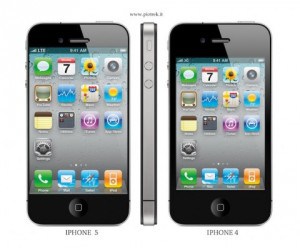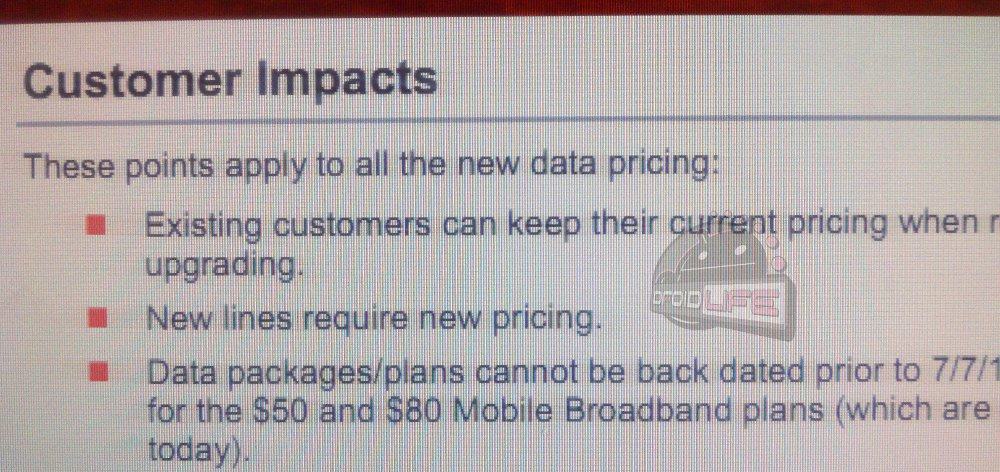What do virtually all 70+ Congressional Democrats who signed a letter supporting the merger of AT&T and T-Mobile have in common? They accepted campaign contributions in the thousands of dollars from AT&T. Paidcontent.org pieced together who got what, thanks to detailed records from the Center for Responsive Politics. Is your member of Congress on this list? Many of these members received $10,000 or more, and now you understand why:
G. K. Butterfield $10,500
Gene Green $10,000
Peter Welch $6,500
Joe Baca $10,250
John Barrow $10,000
Dan Boren $10,000
Robert Brady $9,000
Ben Chandler $7,000
 Silvestre Reyes $8,500
Silvestre Reyes $8,500
William Lacy Clay, Jr. $10,500
Al Green $10,000
Alcee Hastings $10,000
Nick J. Rahall $10,000
James P. Moran $2,500
Gregory W. Meeks $9,500
Albio Sires $9,000
Tim Holden $8,000
Sanford D. Bishop, Jr. $11,250
Ed Pastor $10,000
Mike Ross $10,250
Rubén Hinojosa $7,500
Henry Cuellar $10,000
Joseph Crowley $10,000
Eddie Bernice Johnson $9,000
Luis Gutierrez $5,500
Adam Schiff $5,500
Jesse L. Jackson, Jr. $3,350
Adam Smith $4,500
Corrine Brown $6,000
Chaka Fattah $8,000
![]() Henry C. Johnson, Jr. $2,000
Henry C. Johnson, Jr. $2,000
Michael Michaud $8,500
Loretta Sanchez $11,000
Donna M. Christensen $7,500
Ted Deutch $6,000
Jim Costa $10,500
Betty McCollum $1,000
Ed Perlmutter $5,500
 Brad Miller $2,000
Brad Miller $2,000
Yvette Clarke $7,000
Grace Napolitano $4,000
Steve Cohen $5,000
Ron Kind $7,000
Betty Sutton $4,000
Heath Shuler $10,000
David Scott $11,500
Jared Polis NA
Cedric Richmond NA
Shelley Berkley $7,000
Frederica Wilson NA
Tim Bishop $10,500
Marcia Fudge $9,000
Rosa DeLauro $2,000
Karen Bass NA
Christopher S. Murphy $6,800
Frank Pallone $7,500
Laura Richardson $8,000
Dennis Cardoza $10,000
David Cicilline NA
 Raúl Grijalva $2,000
Raúl Grijalva $2,000
Danny K. Davis $6,000
Brad Sherman $5,500
Ben Ray Luján $5,000
Dutch Ruppersberger $7,500
Terri Sewell NA
John B. Larson $5,500
Charles A. Gonzalez $10,500
James R. Langevin $8,000
Collin C. Peterson $4,500
Jerry McNerney $12,750
Joe Courtney $4,250
Gerald Connolly $9,500
Total $496,400


 Subscribe
Subscribe





